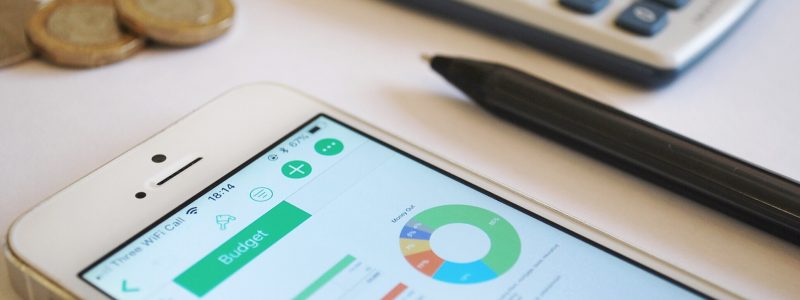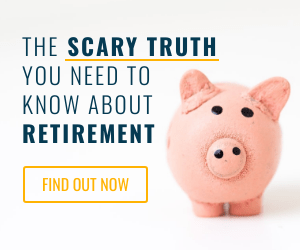How to keep your finances in check during a pandemic
The start of 2020 has seen our news headlines filled with bushfires, floods and now a pandemic that’s thrown our economy stability away and impacted our personal finances.
The unpredictability of the changing situation has caused our markets to spiral and given all Australian a sense of unease and panic.
Since the total impact on Australian’s and businesses are yet to be determined, there are a few things you can do to help you feel more secure and plan better during a time of financial uncertainty.
Seek help if you need it.
If you’re an impacted business owner or employee with less income or experiencing a job loss, the Australian Government along with State Governments are offering financial assistance packages and support. This financial support can make a huge difference when income security is at an all-time low and letting go of staff is inevitable. Even with the prospect of relying on the Government for financial assistance during an unpredictable time, reaching out for support can help reduce a heavy impact on our finances, savings, and investments and also help with managing our emotional health during a time of crisis.
Stick to your long term goals.
If retirement isn’t in the near future, don’t forget that investing is a long-term game. Make sure you stick with your investing strategy unless your strategy is to time the market (which can rarely work, even for professionals).
When you panic and deviate from your strategy (like pulling out of the market when your strategy is to hold), you can risk losing the potential gains you’ve made in the past or lose significant amounts of your capital.
Look to seek guidance from investing experts if you’re concerned about the impact on your investments to help you stay on course during the market unease.
Don’t panic and plan now.
If you’re not impacted now, but expect to be in the future, start creating a crisis budget that helps to eliminate all non-essential spending and give you a financial runway to ensure you have enough for the essentials like food, rent or mortgage payments, critical medicines, and any ongoing bills.
Being on top of your finances now can help reduce making decisions in a time of panic and pressure. It will also give you a clear idea of what you can cut back on and how long your savings and emergency fund will last you.
This process doesn’t have to be complicated. You can use a simple method like an excel spreadsheet (click to download free budgeting spreadsheet) or a budget program/app to help track your current income, expenses and your savings to help determine exactly where your money is going and how to make it stretch.

Be prepared for the change.
Be mindful that when the pandemic starts to ease off you wait a while before returning back to your normal spending habits and resist the urge to splurge on luxury items after being in lockdown or self-isolation.
This type of spending can depilate your emergency savings or help you stop going into further financial strain while your emergency savings are being rebuilt. A good guide for emergency funds is to have around 3 – 6 months’ worth of expenses saved that easily accessible in a savings bank account.
To help you manage this, open up a separate savings account with your bank (ideally one with little to no fees) and set up automatic deposits so you’re not tempted to spend when you don’t need it.
Next steps
Being prepared in all areas including your finances will help you during this uncertain time and help you for any future bumps along the road. Remember to focus on your long term goals when it comes to investing, know how much you need during a crisis and don’t be afraid to seek help. This uncertainty will pass, so don’t panic. We’re all in this together.
If you have any questions for the Australia Wealth team, feel free to comment below or reach out to us on our Facebook page.









0 Comments